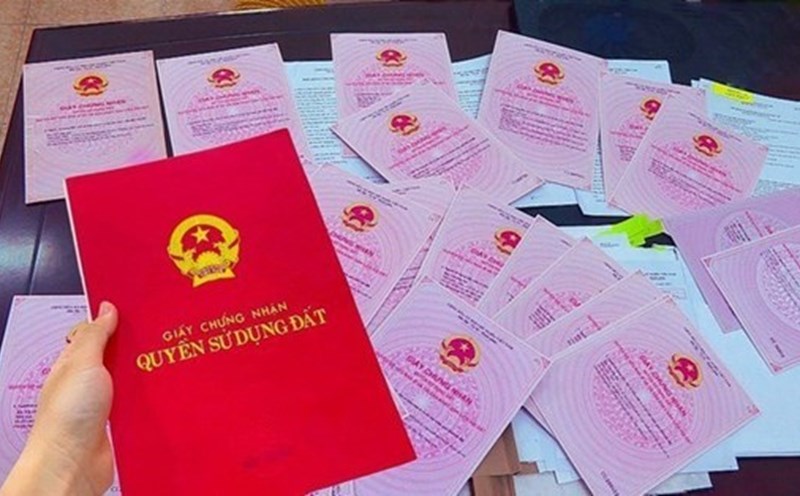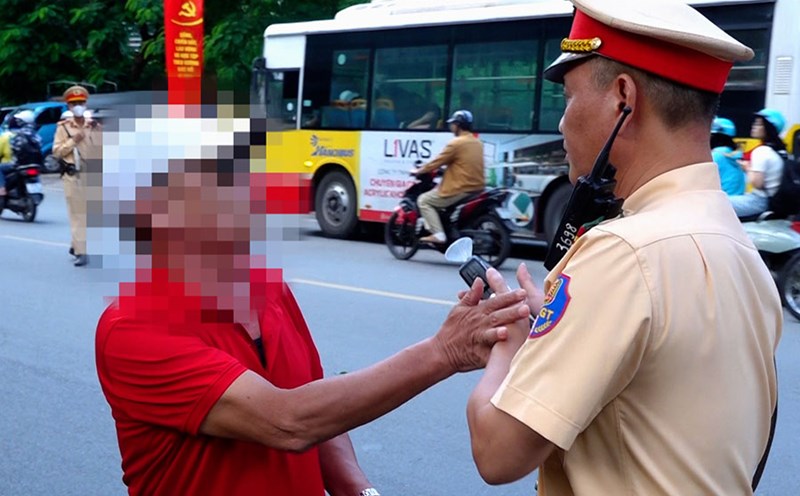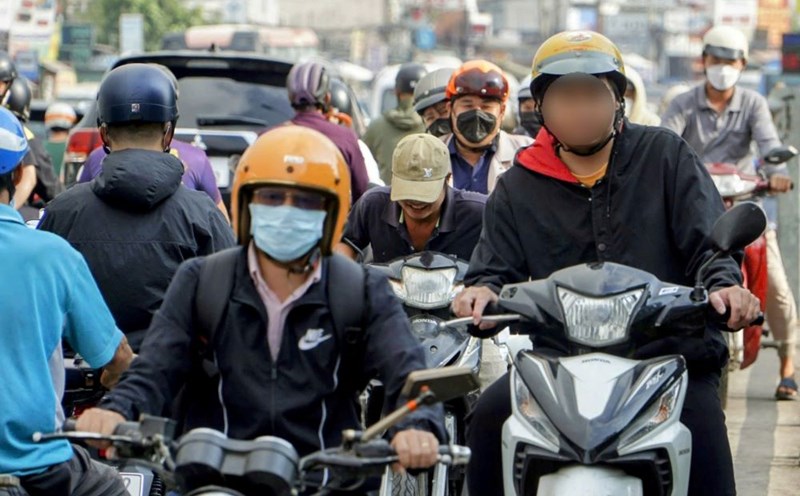The paradox of photo-red books serving the 90-day campaign to clean up land data
From September 1 to November 30, 2025, Hanoi will launch a 9-day campaign to clean up and enrich land data - this is an opportunity for the city to thoroughly resolve the situation of disjointed and inconsistent land data. When data is clean, transparent and linked to population data, we will have a solid foundation for more effective management, serving people faster, minimizing disputes and complaints.
Cleaning data is not only a technical task but a foundational step for digital transformation of the land sector, contributing to completing legal documents, detecting and correcting errors in land user information, area, and changes in land use rights.
Standarized data becomes an effective management and monitoring tool, serving land valuation, tax collection, planning and dispute resolution. In particular, electronic data has legal value such as paper records (Clause 5, Article 166 of the 2024 Land Law), creating a solid legal corridor for the transparency process and preventing negativity.
At the same time, cleaning and standardizing land data is also a prerequisite for operating e-Government - where people can perform public services online without having to present physical documents, in accordance with the spirit of Article 5 of Decree 45/2020/ND-CP.

The construction of the Land Database is a turning point in administrative reform: information transparency, cost reduction and maximum convenience for people and businesses. However, the reality is still paradoxical: in some localities, wards and communes of Hanoi, people are still required to have red book photos, even though the data has been digitized. This is an outdated procedure, contrary to the spirit of "Digital government - one payment, lifelong use.
Current law clearly stipulates that State agencies must have a copy of the red book. Clause 2, Article 129 of the 2024 Land Law requires digital land records to include a copy of the Land Use Rights Certificate.
Circular 10/2024 of the Ministry of Natural Resources and Environment (now the Ministry of Agriculture and Environment) continues to emphasize the responsibility of the Land Registration Office to scan and store electronic records immediately upon issuance, renewal or copy from the original, before giving the book to the people (Articles 18, 42).
According to Decree 45/2020 of the Government, State agencies must exploit existing data and are not required to provide it to the people. Thus, demanding a photocopy of the red book is a replication of the work that the agency has done, contrary to legal regulations and contrary to the spirit of administrative reform.
Two decrees "lock down" the act of demanding digital documents
The two newly issued documents have severely blocked the act of requesting paper copies when data has been digitized: Decree 118/2025 of the Government: Officials are not required to "reopen or submit documents and papers" that are already in the system; this behavior is absolutely prohibited (Article 17, Point i, Clause 1, Article 5).
Decree 192/2025 of the Government: State agencies are not allowed to place additional documents outside of regulations (Point b, Clause 1, Article 4).
Accordingly, if the data of the Land Use Rights Certificate and the house ownership right exists in the land database, the officer must look it up in the system, and absolutely cannot request a photocopy. Any illegal acts can be disciplined or forced to compensate if they cause trouble to people.
In case the database is not enough, the agency must scan the original, not request a photocopy. Article 256 of the 2024 Land Law and Circular 10/2024 of the Ministry of Agriculture and Environment (Article 18,2) clearly stipulate that for old and undigitized records, the Land Registration Office must do the scanning from the original to add to the system, absolutely do not require people to take photos themselves.
The legal process includes 3 steps:
- People bring the original red book to the receiving agency.
- The officer checks, scans, and signs the PDF number right at the counter.
- Return the original and save the electronic copy to the system.
Why don't you need a photo?
- Photocopy of the red book must still match the original, while direct scanning is faster and more accurate.
- The photo copy has no legal value; only the scan copy with a digital signature is recognized as official data.
If the locality lacks equipment, the law allows authorization of on-site digital services (Clause 2, Article 18 of Circular 10/2024 of the Ministry of Agriculture and Environment); officials can only schedule people to come once, without being required to self-photo or notarize.
The law is very clear - when data is digitized, State agencies are not required to reissue paper copies; when data is not available, agencies must scan from the original themselves.
Therefore, demanding photo copies is no longer just an old administrative habit, no longer in line with the spirit of digital transformation. It is time to completely end this habit to move towards a transparent, just administration, serving and taking the people as the center.











